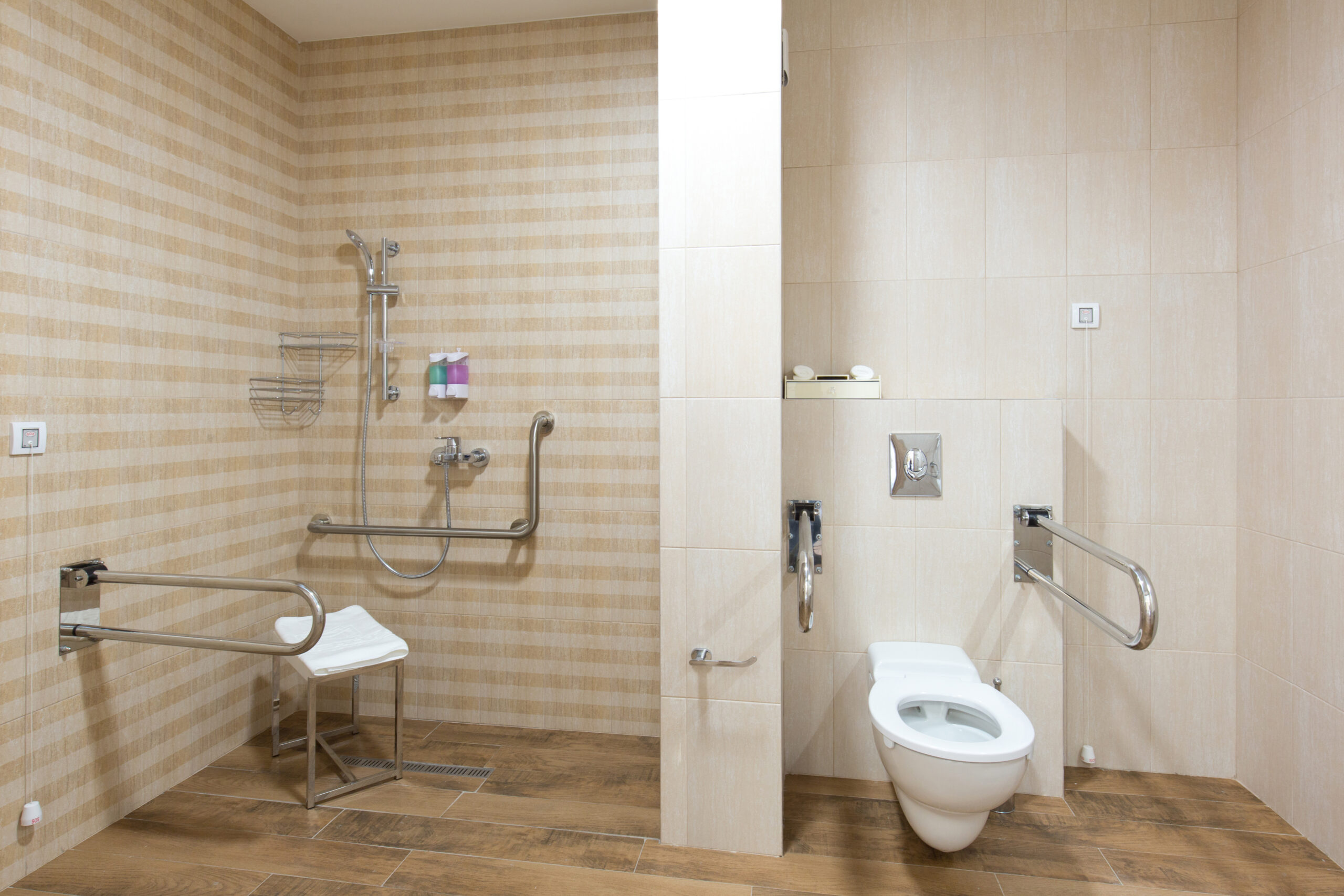How to Help a Dementia Patient Stay Engaged in Daily Life
Helping a dementia patient stay engaged in daily life is crucial for their well-being and happiness. Here are some simple yet effective ways to encourage their participation and maintain their quality of life.
## Engaging Activities
Engaging dementia patients in meaningful activities can significantly enhance their quality of life. Tailoring activities to each person’s interests and abilities is key. For instance, incorporating familiar music or art projects can evoke cherished memories and stimulate cognitive function. Activities like group painting or crafting not only stimulate creativity but also foster collaboration and communication among residents.
Regular social activities, such as game nights or cooking classes, are excellent ways to foster connections between residents and staff, promoting a sense of community. Integrating physical activities, like gentle exercise or gardening, supports cognitive health and encourages mobility and dexterity, contributing to overall wellness.
## Daily Routines
Establishing a consistent daily routine is essential for providing a sense of security and reducing anxiety. Simplifying daily routines and breaking them into manageable steps can help dementia patients participate more actively. For example, laying out clothes in the order they should be put on or using visual aids can guide them through each step. Encouraging the use of checklists for tasks like brushing teeth or making breakfast can help them stay focused and reduce confusion.
## Technology and Independence
Technology can play a significant role in supporting independence. Devices such as medication reminders, GPS trackers, and smart home systems can help manage daily tasks and enhance safety. Tablets and smartphones with user-friendly interfaces can be used for communication and entertainment, keeping them connected with family and friends.
## Communication and Environment
Effective communication is vital when interacting with dementia patients. Asking simple, direct questions and limiting choices can help avoid confusion. Repetition and rephrasing are useful techniques to ensure understanding. Providing reassurance and comfort by validating their feelings can help reduce anxiety.
Creating a familiar and safe environment is also important. Being in familiar surroundings can minimize confusion and promote a sense of calm. Small changes, such as labeling cupboards and rooms, can help with memory loss and disorientation.
## Family Involvement
Involving family members in care can enrich the experience for dementia patients. Encouraging participation in daily activities maintains dignity and engagement. Online support groups can connect caregivers with others facing similar challenges, reducing feelings of isolation and offering emotional support.
By implementing these strategies, you can help dementia patients stay engaged, maintain their independence, and enjoy a better quality of life.





